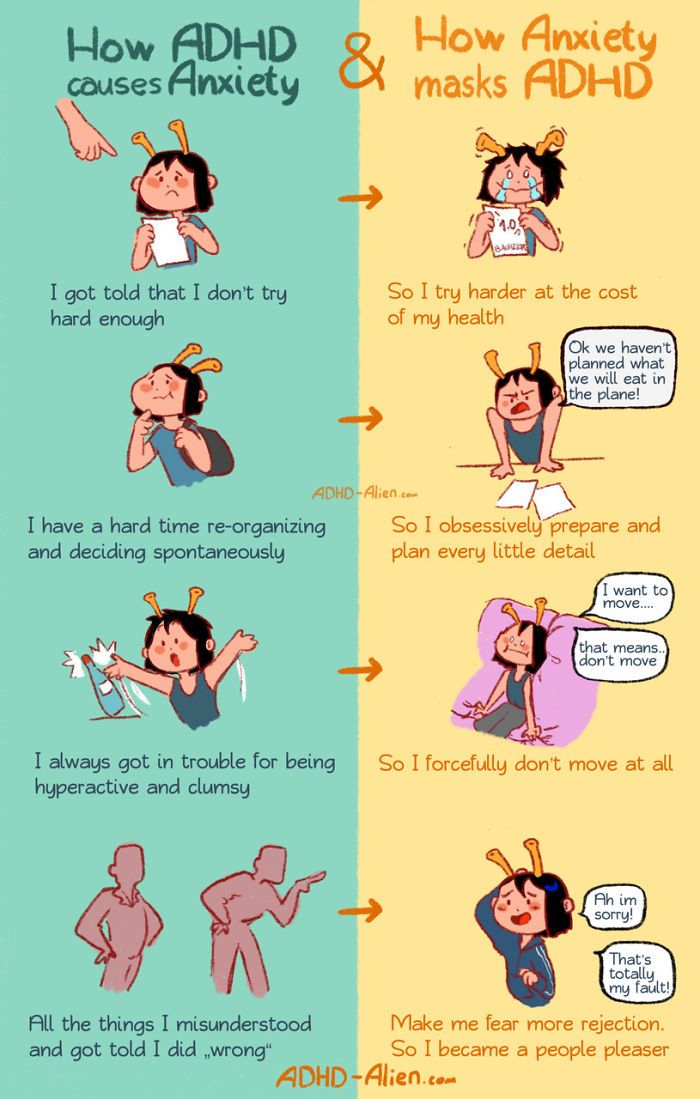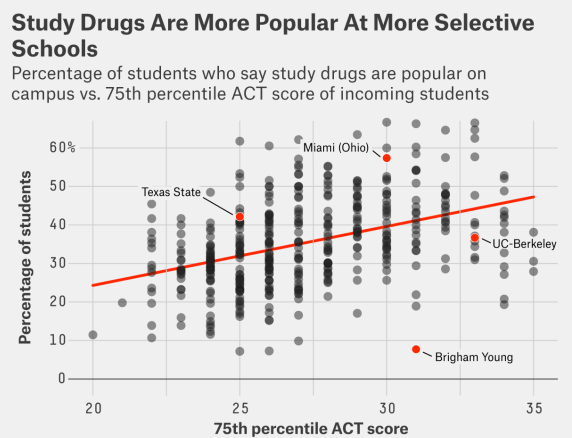Adhd and decision making
How Adult ADHD Can Affect People’s Decision Making
ADHD is categorised into 2 types of behavioural problems: inattentiveness and hyper activeness and impulsiveness. In my opinion, one of the most significant impacts ADHD can have on an adult is on their decision-making abilities. As you become an adult, many begin to take control of their own lives and this includes the big task of making big decisions. As a normal part of development through age, some decisions are right, and others are wrong, but there is the assumption that you try to learn from this. Now imagine living a life where your decision-making skills were heavily impaired by your Adult ADHD traits. Think about the decisions you have made today alone and imagine that you were not able to decide, or it was an incredibly stressful experience for you.
There are small decisions that we have to make daily, for example what to eat for breakfast or what to wear and there are big decisions that we have to make, for example what degree should I study, or should I apply for this job. Thinking about my point earlier, about imagining a life where indecisiveness is a real problem because of ADHD traits, can you imagine that this inability to make a decision can be paralysing for someone with ADHD and often means that no decision is made making them worse off. The fear, stress and feelings of paralysis only get worse as the decisions become bigger.
Research conducted on adults with ADHD have confirmed that an inability to make decisions is a symptom however there is no clear cause for this, some have argued it could be a result of executive functioning impairments that are typically experienced. Executive functioning is affected differently in every adult with ADHD however it usually includes difficulties in planning, organisation, self-regulation and prioritising. If you think about it, are these not some of the key abilities that we need in order to make a decision? Not only this, but adults with ADHD may be worried about making similar wrong decisions as they have in the past and therefore attempt to avoid this.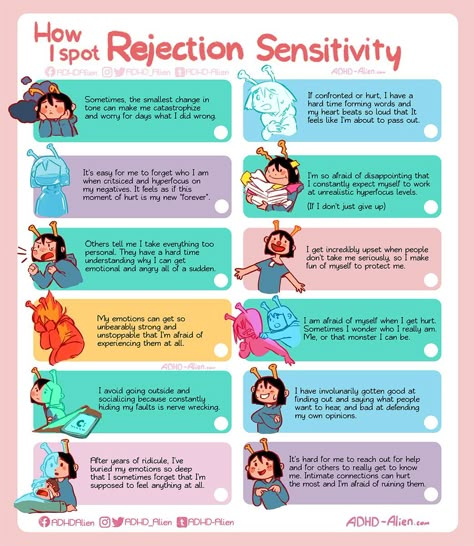 Avoiding decision making often means that there is no progress and then usually requires another person to do this for you.
Avoiding decision making often means that there is no progress and then usually requires another person to do this for you.
There are some steps that can be taken to help an adult with ADHD become more decisive.
- Firstly, if you do not have an official diagnosis and thinking that you may have ADHD because of the symptoms you experience, not just indecisiveness, it is extremely important to first get tested. You can visit your GP and request a referral, or you can have a private ADHD assessment if you believe it is more urgent and you have the funds. If it is confirmed that you have a diagnosis, treatment (medication) needs to be prescribed and taken to allow your symptoms to be better manager and this in itself may help with decision making.
- Give yourself a time limit for making decisions based on what you perceive its seriousness to be. So, when you are faced with a problem, first categorise it into whether it is a small problem with minimal consequences, medium problem with some consequences or large problem with extreme consequences.
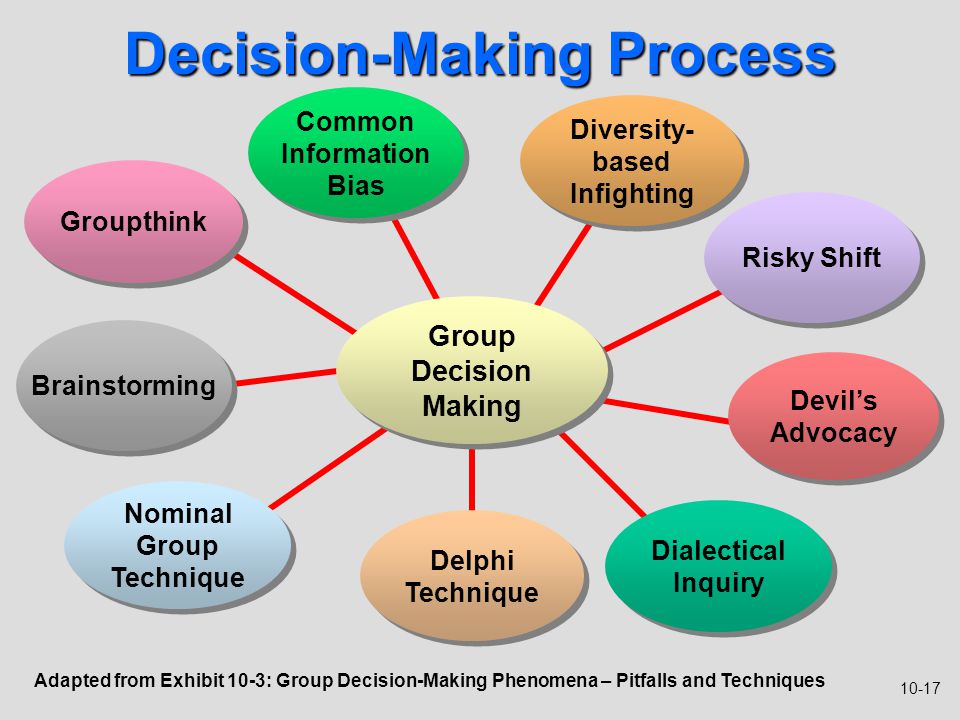 The categorisation of the extremity of the consequences is completely different for every person, for example what you eat for breakfast may be a small decision for many, but for some who have intolerances or allergies, it can be a much bigger decision. It is then important to set yourself time limits based on each category. Therefore, this means that whenever you need to make a decision, this process becomes automatic and a decision will be made if followed through correctly. You can set alarms on your phone for smaller decisions and put reminders in a calendar for bigger decisions.
The categorisation of the extremity of the consequences is completely different for every person, for example what you eat for breakfast may be a small decision for many, but for some who have intolerances or allergies, it can be a much bigger decision. It is then important to set yourself time limits based on each category. Therefore, this means that whenever you need to make a decision, this process becomes automatic and a decision will be made if followed through correctly. You can set alarms on your phone for smaller decisions and put reminders in a calendar for bigger decisions. - Know that it is normal to be scared to make decisions but remind yourself about all the times you made good decisions. Knowing what makes your scared about making that decision is an important part of the categorisation process. For example, if you ae scared to make a decision out of fear of what a colleague will think about it, think about whether you actually care about what this colleague thinks about you and what difference will their opinion make to your life.
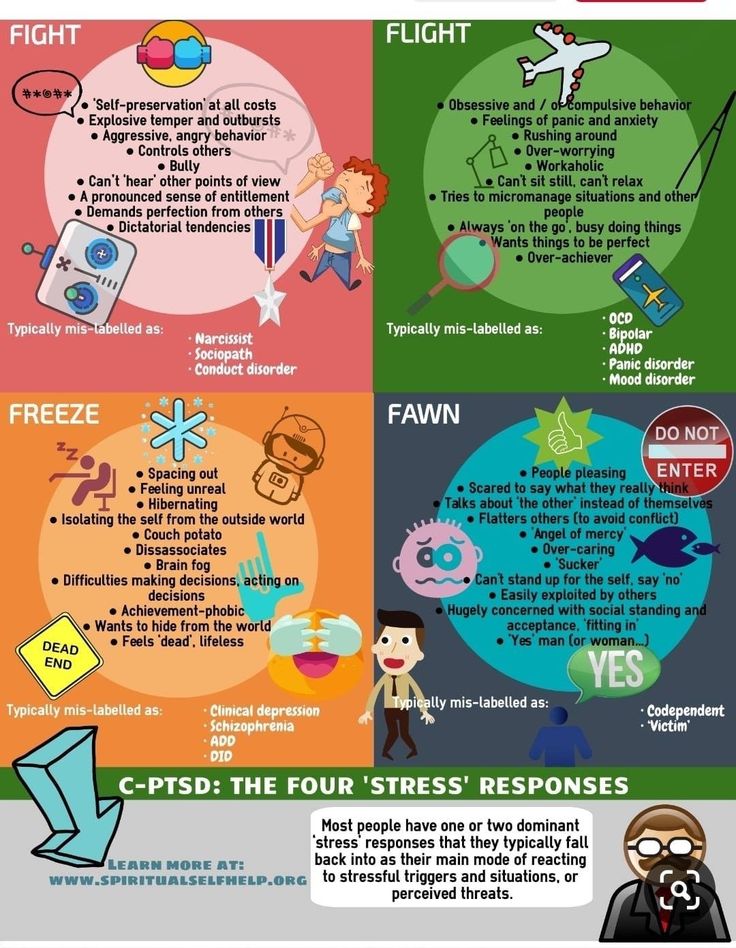 Overcoming fear is a big part of making a decision, not just for you but for everyone. Also, any negative thoughts that you have whilst making decisions, try to blank them out by reinforcing the idea that you are able to make decisions and you make them daily. For example, a thought such as ‘I am not good at making decisions’ should be changed into ‘I made all the decisions yesterday and it was a good day so I can do this’. This may not sound like it is beneficial, but it really can be.
Overcoming fear is a big part of making a decision, not just for you but for everyone. Also, any negative thoughts that you have whilst making decisions, try to blank them out by reinforcing the idea that you are able to make decisions and you make them daily. For example, a thought such as ‘I am not good at making decisions’ should be changed into ‘I made all the decisions yesterday and it was a good day so I can do this’. This may not sound like it is beneficial, but it really can be. - For big decisions, make a list of the pros and cons. This is not always going to lead to the right decision but if you can simple find more benefits than costs of making a particular decision, you should make it that way. Of course, this means that some time and real thought needs to go into the list otherwise it would be pointless.
- Listen to yourself and see how it plays out. If you contemplate enough and you keep coming back to one answer, why not just trust your instincts. Some choices, although they may be big, are not life long and can be reversed or changed so if your instinct is wrong, instead of never trusting it again, you should just try and change it so that there is more benefit to you.
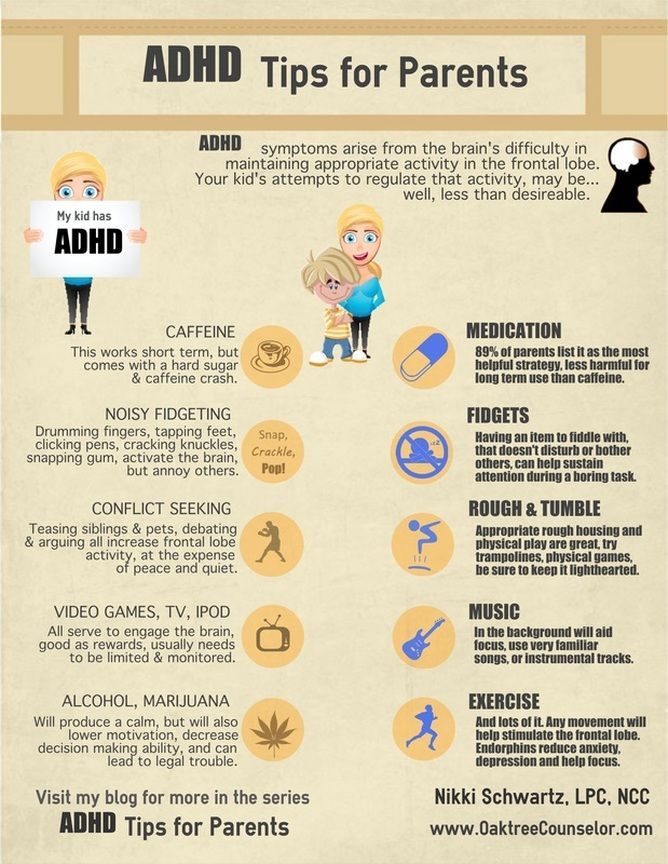 For example, you keep contemplating on whether to take a promotion at work and you finally decide to take it, but it is too stressful, and you do not enjoy it, try to get demoted. If that is not possible, take it as a blessing as you were clearly to skilled for your previous job so you should praise yourself for that and try to find something better – not ideal for many but it is a positive thing in many ways.
For example, you keep contemplating on whether to take a promotion at work and you finally decide to take it, but it is too stressful, and you do not enjoy it, try to get demoted. If that is not possible, take it as a blessing as you were clearly to skilled for your previous job so you should praise yourself for that and try to find something better – not ideal for many but it is a positive thing in many ways.
Making a decision, big or small, is an important part of daily life and if you are struggling with it because of your ADHD, try the tips above and see how it goes. Anything is better than nothing.
Tags
You may also likeAnalysis Paralysis and ADHD: Trouble Making Decisions?
A man deciding which direction he should walk; three arrows in front of a man’s feet1 of 15
Some Like It Hot
Those with ADHD are often great at making “hot decisions” at urgent moments — a sudden household crisis or getting a friend to the emergency room.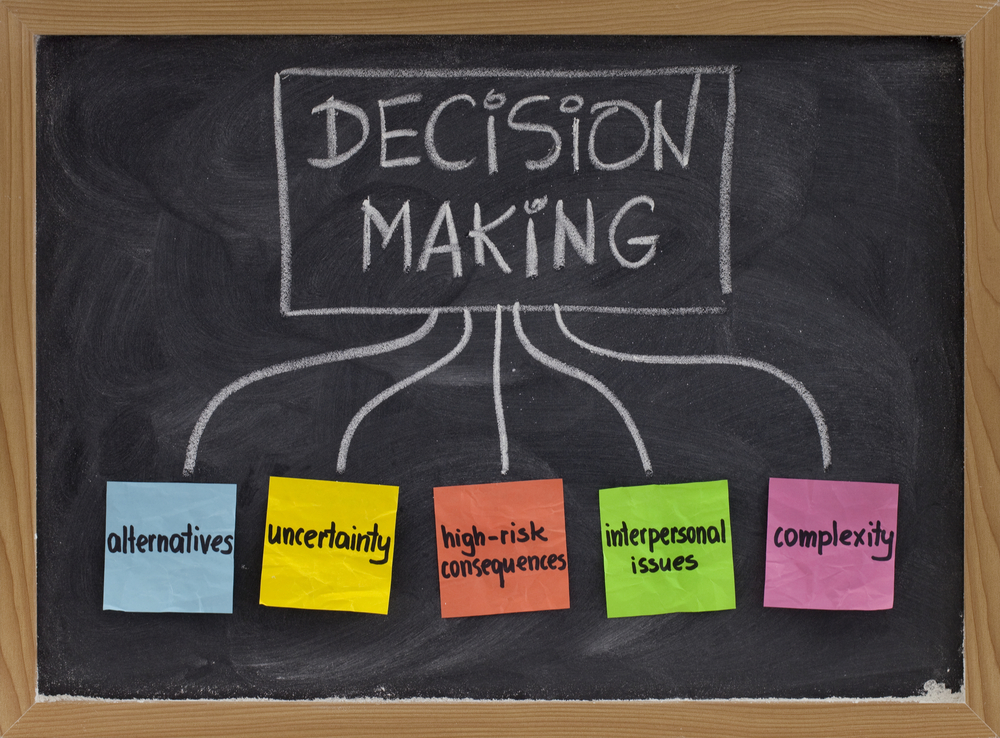 Fast-moving events light up the neurotransmitters of the ADHD brain and focus attention. We are not as good at making “cold decisions,” which are information-driven and require us to make up our minds after a lot of thought.
Fast-moving events light up the neurotransmitters of the ADHD brain and focus attention. We are not as good at making “cold decisions,” which are information-driven and require us to make up our minds after a lot of thought.
2 of 15
Information Overload
“There’s just too much information, and I can’t seem to decide in time” is a common refrain heard from many of us with attention deficit. Throw in problems enlisting our executive functions and a desire to get things over with, and we make a lot of decisions we wish we could take back. Here are some strategies for making smarter decisions we won’t regret.
[Click to Read: Defeating Indecision — Decision-Making Made Easy!]
A woman trying to decide what to buy at the store3 of 15
Be Closed-Minded
Did you know the word “decide” comes from the Latin word “to cut off?” Limit your choices. My client Olivia, who has ADHD, found choosing a summer camp for her kid excruciating.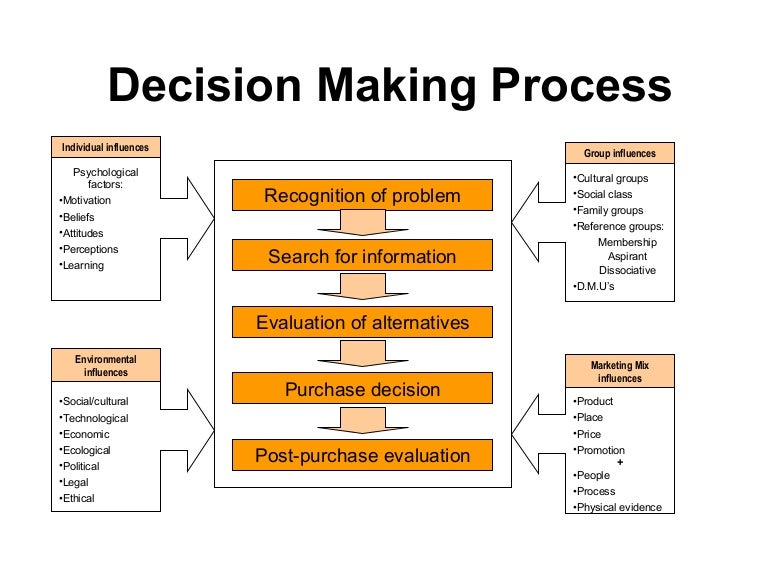 We narrowed her choices by budget, application deadline, and proximity to home. Nothing beyond those criteria was given a glance. She was able to make the decision in record time, once she kicked her "analysis paralysis" to the curb.
We narrowed her choices by budget, application deadline, and proximity to home. Nothing beyond those criteria was given a glance. She was able to make the decision in record time, once she kicked her "analysis paralysis" to the curb.
Hands trying to read a map
4 of 15
Pay Attention to Your Intuition
Studies show that long before your reasoning mind kicks in, your emotional brain has been sensing the way to go. Consult your heart. Good decisions are often a mix of logic and emotions.
[Get This Free Download: How to Focus(When Your Brain Says ‘No!’)]
A woman smiling in a field5 of 15
Quiet Things Down
Noise, visual clutter, and too much hustle-bustle overload an ADHD brain, making it hard to make a decision. Find a quiet room or nook to think.
Calendar pages and clock, red black and white6 of 15
Set a Decision Deadline
Post your deadline on your calendar. Having a date to decide can help you prioritize by adding focus and motivation to a decision that has no time frame. People with ADHD love visual reminders.
Having a date to decide can help you prioritize by adding focus and motivation to a decision that has no time frame. People with ADHD love visual reminders.
7 of 15
Crowd-Source the Decision
Delegate the decision to people you trust in your social media network. They make the decision, but you assume the responsibility or accountability for it.
Pencil on a piece of paper labeled pro and con
8 of 15
Put It On Paper
Write down the risks and benefits — the pros and cons — of a prospective decision on a piece of paper or a large erasable white board and evaluate them over several days. One of the pros or cons might leap out at you and trigger a decision.
Woman taking notes in a meeting9 of 15
Ask for More Time
Buying time counteracts knee-jerk (bad) decisions. When someone is forcing you to decide now, say, “Let me get back to you on that” or “Can I sleep on it?” or “Will you e-mail me next week for my decision?”
Woman laying in a hammock10 of 15
Pause and Reflect
After you gather a lot of information to make a decision, pull back to assess what you have.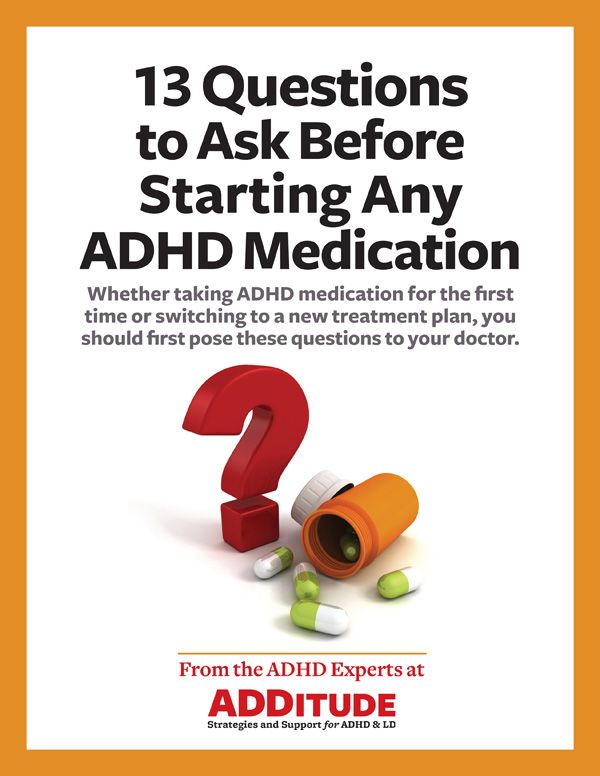 People with ADHD are often more captivated by gathering information than by deciding. You might already have enough information to decide, but unless you pause, you won’t know.
People with ADHD are often more captivated by gathering information than by deciding. You might already have enough information to decide, but unless you pause, you won’t know.
11 of 15
Just Say It
Saying the options of your choices out loud sometimes leads to making your decision. Externalizing thoughts cuts through the clutter of competing thoughts.
Woman with curly hair staring out the window12 of 15
See the Silver Lining
Spend a minute thinking of what you’ll gain after making a decision. If you’re putting off organizing the top of your desk, say, think about how it will get people off your back, enable you to find that missing flash drive, and give you more surface to work on. Better yet, write the gains down.
Woman looking at clothes on hangers13 of 15
Decide On Small Things Ahead of Time
Make as many small decisions ahead of time as you can.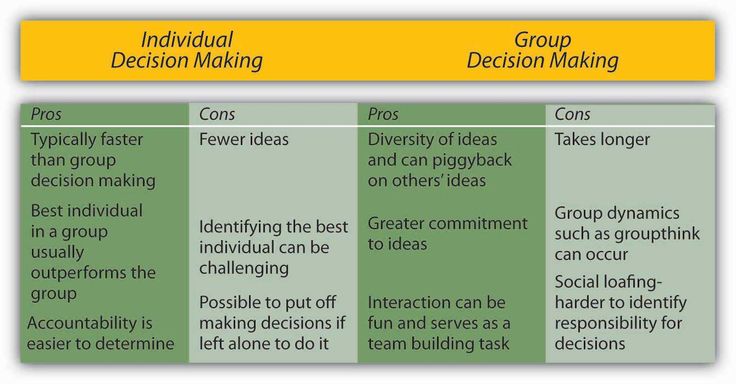 Freezing pre-made meals eliminates mealtime decisions. Putting outfits together on a hanger reduces what-to-wear decisions, and reading menus online can end the infernal “what to order at the restaurant” question.
Freezing pre-made meals eliminates mealtime decisions. Putting outfits together on a hanger reduces what-to-wear decisions, and reading menus online can end the infernal “what to order at the restaurant” question.
14 of 15
Spend More Time On Important Things
Research a decision in proportion to the consequences or risks. A wrong decision about a backpack is less consequential than picking the wrong summer camp. Allot less time to thinking about the backpack.
Two women looking at clothes in a store15 of 15
Feel Good About Deciding
If you have lost your confidence in decision-making as mistakes in judgment of the past pile up, recall the good decisions you have made or the ones that were really tough. If you feel like a decision-maker failure, talk with a counselor to help you overcome it.
[Read This Next: You Can Be the Decider]
Attention Deficit Hyperactivity Disorder (ADHD): Causes
Published on 24. 07.20
07.20
Author: Olga Konstantinovna Germanchuk, Clinical Psychologist
Sometime between my appointments at the Center, I met my former patient, a young mother . She came to me some time ago with a request to help solve a complicated situation in her personal life. We spent several sessions with her and quickly resolved the problem.
And now she came to the Center with her child. We talked, and she told me about the problem with which she turned to a child psychologist. The difficulty lies in the hyperactivity and concentration of the child's attention. At first she was very glad that the child was inquisitive. But when the degree of involvement in everything indiscriminately began to bother, she thought about it and decided to turn to a specialist. And I learned that, it turns out, in psychology there is such a term as ADHD - attention deficit hyperactivity disorder in children.
When children are not able to sit still and they have:
- hyperactivity manifests itself in lack of concentration and perseverance;
- noticeable problems with speech development;
- attention is disturbed, there is no organization and forgetfulness is manifested
⠀The reasons can be completely different:
- psychological: microclimate in the family;
- genetic predisposition;
- environmental factors
MOST IMPORTANT❗ Try to start corrective actions in relation to the child's psyche in time.The manifestation of the syndrome is not whims! Need immediate support and assistance.
IMPORTANT❗ Do not stop treatment and communicate with a psychologist regularly. Then the result will be, firstly, effective, and secondly, long-term.
Mother and child have already spent several months with the child psychologist of our Center. And after each session, she observes improvements in the development of her child.
If you need help or advice from an experienced specialist
make an appointment at a health and wellness center Trust
Make an appointment online
Raising a child: how to avoid mistakes
and problems with upbringing can be avoided if...
Read more…
How to get rid of imaginary and real guilt
Like other negative emotions, guilt and shame become the cause of psychological discomfort. It causes uncertainty, fear of condemnation, remorse. ...
Read more…
From the practice of a child neuropsychologist: a child cannot organize his time
Author: Sofia Viktorovna Zakharova, neuropsychologist, kinesiologist, coach.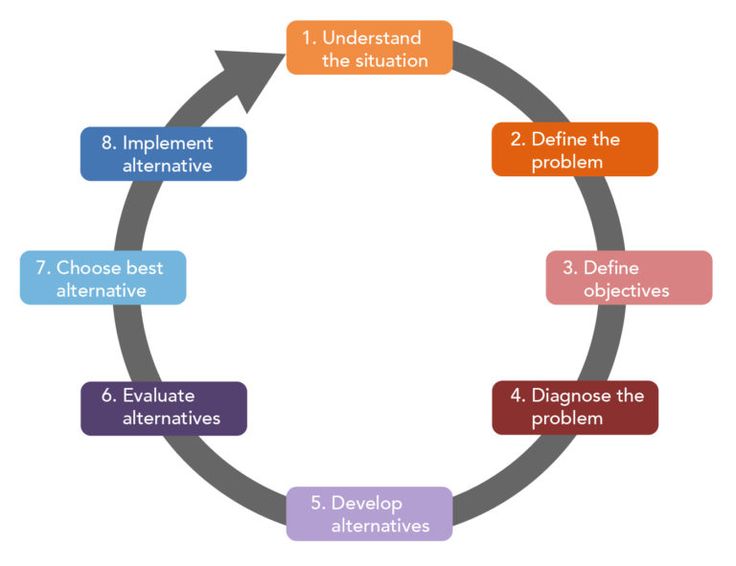 A young family came to see me: mother, father and son. They told ...
A young family came to see me: mother, father and son. They told ...
Read more…
Co-dependent relationships. How do you deal with pressure from your husband? Case study
There is an addiction to speed, drugs, alcohol or a person. This is one of the most common requests for psychologists. What is generally ...
Read more…
Sand Therapy
Children rarely think about what the game is hiding when building sand castles and forts, laying paths or building palaces. ...
Read more…
Advanced development: a story from the practice of child psychologist Galina Aleksandrovna Shakova
Recently, a mother with a 9-year-old son came to me for a consultation. According to her, the child suddenly became withdrawn, uncommunicative and anxious. ...
Read more…
What to do to get rid of apathy
Apathy has set in — what to do in case of complete emotional coldness and indifference? All of us from time to time are indifferent to what is happening .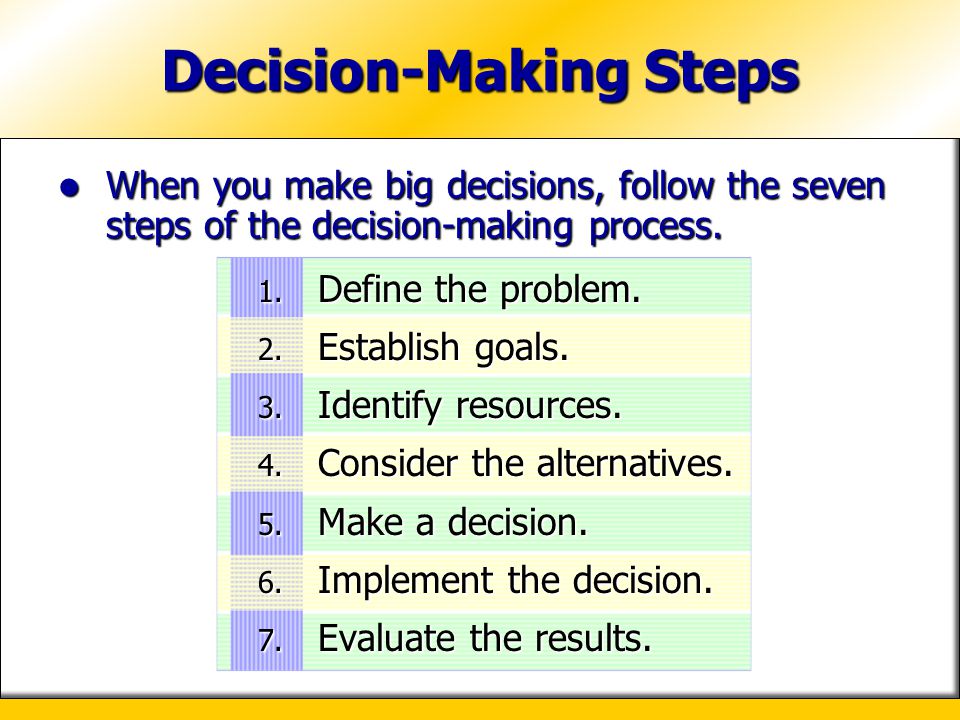 ..
..
Read more…
"I'm constantly afraid of getting sick": how to deal with hypochondria
Hypochondria can be otherwise described as a phobia, the fear of getting sick. The fear of developing a serious disease, pathology makes you undergo constant examinations. When symptoms are detected ...
Read more…
Hyperactivity and inattention (ADHD) | Encyclopedia of Early Childhood Development
To distinguish between restlessness and attention deficit hyperactivity disorder (ADHD), we need to understand the root causes of ADHD, its development, the myths and prejudices associated with it, how to recognize it, and what are the most effective remedial measures.
PDF summary All materials on the topic PDFInformation sheets
Download free PDF here or buy the paper version from our webshop (English and French only).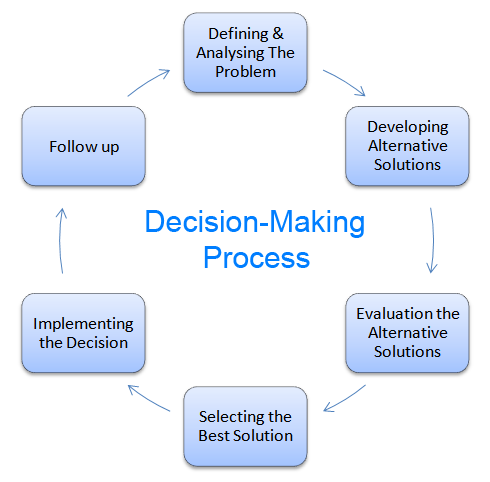
Generalization
Theme Editor: Russell Shakhar, MD, University of Toronto, Canada
Theme sponsored by:
How important is this?
Attention Deficit Hyperactivity Disorder (ADHD) is a neuropsychiatric disorder characterized by atypical age-related, persistent and debilitating anxiety, impulsivity, and inattention from an early age. ADHD can be divided into three subtypes based on the type of behavior that is most noticeable: 1) the attention-impaired type; 2) hyperactive-impulsive type; and 3) combined type, depending on the nature of the symptoms. This syndrome is diagnosed when the symptoms appear and cause difficulty for the child in more than one life setting, such as school, home, or away from home.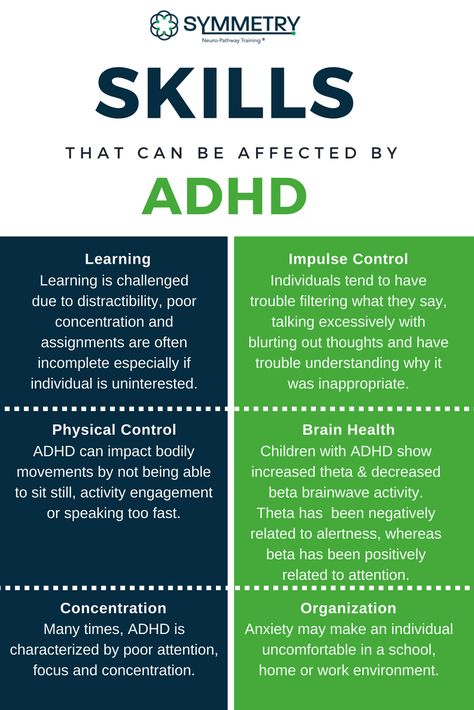 By some estimates, ADHD affects between 3 and 7% of school-age children worldwide, with boys showing higher levels of ADHD than girls. ADHD typically co-occurs with other psychiatric or developmental disorders (eg, anxiety, mood disorder, learning or speech disorders, conduct disorder, and sleep disorders) in 50-66% of cases. ADHD persists into adulthood in more than half of affected children. The symptoms of ADHD and its accompanying disorders interfere with learning and appropriate behavior in school, so the percentage of children with ADHD who graduate from school is lower. As they get older, they are also more likely to experience difficulty finding employment. Other negative consequences associated with ADHD include interpersonal difficulties and an increased incidence of accidental injuries, car accidents, and teenage pregnancies. In general, ADHD is one of the major health problems and can lead to significant losses both in the lives of individuals and society.
By some estimates, ADHD affects between 3 and 7% of school-age children worldwide, with boys showing higher levels of ADHD than girls. ADHD typically co-occurs with other psychiatric or developmental disorders (eg, anxiety, mood disorder, learning or speech disorders, conduct disorder, and sleep disorders) in 50-66% of cases. ADHD persists into adulthood in more than half of affected children. The symptoms of ADHD and its accompanying disorders interfere with learning and appropriate behavior in school, so the percentage of children with ADHD who graduate from school is lower. As they get older, they are also more likely to experience difficulty finding employment. Other negative consequences associated with ADHD include interpersonal difficulties and an increased incidence of accidental injuries, car accidents, and teenage pregnancies. In general, ADHD is one of the major health problems and can lead to significant losses both in the lives of individuals and society.
What do we know?
ADHD is believed to be caused by an interaction of genetic and environmental factors. Symptoms of ADHD are highly heritable (76%), but the nature of the genetic influence is still undiscovered. According to the results of published studies, genetic factors leading to ADHD are also associated with other disorders. Thus, common genetic influences were found in the case of dyslexia and symptoms of inattention, symptoms of hyperactivity-impulsivity and oppositional conduct disorders, ADHD and symptoms of autism. Moreover, genes responsible for cell division, cell adhesion, and neuronal migration have been suggested to be related to the onset of ADHD. In terms of environmental risk factors, here the researchers noted the negative impact of smoking and drinking by the mother during the prenatal period, maternal depression, low birth weight of the newborn, poor parenting practices, and living in disadvantaged areas.
Symptoms of ADHD are highly heritable (76%), but the nature of the genetic influence is still undiscovered. According to the results of published studies, genetic factors leading to ADHD are also associated with other disorders. Thus, common genetic influences were found in the case of dyslexia and symptoms of inattention, symptoms of hyperactivity-impulsivity and oppositional conduct disorders, ADHD and symptoms of autism. Moreover, genes responsible for cell division, cell adhesion, and neuronal migration have been suggested to be related to the onset of ADHD. In terms of environmental risk factors, here the researchers noted the negative impact of smoking and drinking by the mother during the prenatal period, maternal depression, low birth weight of the newborn, poor parenting practices, and living in disadvantaged areas.
Children with ADHD experience more learning difficulties than their classmates due to neurocognitive impairment and behaviour. ADHD is often associated with deficits in executive functions (eg, planning, organization, attention to important details, and impulse inhibition). Accordingly, children diagnosed with this disorder are more likely to experience learning and/or speech difficulties. The results of neurophysiological studies suggest that ADHD is associated with atypical activity in the frontal cortex, the area of the brain responsible for cognitive processes. However, it is important to note that only a certain proportion of school-age children with ADHD (30%) have weak executive functions, which makes it possible to consider them neither as a necessary nor as a sufficient cause of the disorder.
Accordingly, children diagnosed with this disorder are more likely to experience learning and/or speech difficulties. The results of neurophysiological studies suggest that ADHD is associated with atypical activity in the frontal cortex, the area of the brain responsible for cognitive processes. However, it is important to note that only a certain proportion of school-age children with ADHD (30%) have weak executive functions, which makes it possible to consider them neither as a necessary nor as a sufficient cause of the disorder.
What can be done?
Diagnosis
ADHD is usually first detected and treated in school-aged children. However, the presence of symptoms of hyperactivity, impulsivity, and inattention during preschool years is considered a major factor in the diagnosis. Direct observation of the child suggests a diagnosis, but a child with even the most severe symptoms may be calm and attentive in an unusual setting such as a doctor's office.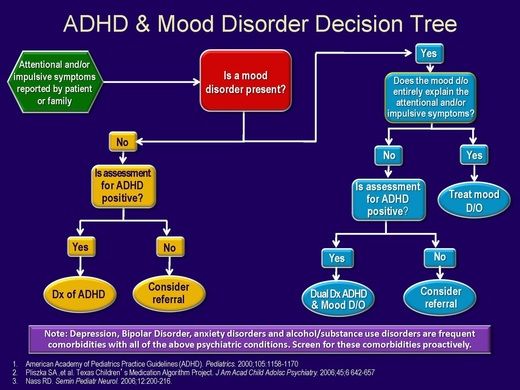 Therefore, the survey should focus on obtaining the entire history of the child's behavior at home, during play and at school from early childhood to the time of the survey. A routine clinical conversation (interview) provides an opportunity to discuss how parents and educators have responded to the child's difficulties and to identify strategies that have worked and those that have not worked. Examination should not be limited to symptoms of ADHD, but should also be asked about associated symptoms that may be present, such as anxiety, mood and behavioral problems, for example. Parents are not always fully aware of how stressful environments can upset a child; this is why talking directly to the child can be an important part of the examination. Comorbid disorders are an important area of treatment, and their presence can affect the effectiveness of therapy.
Therefore, the survey should focus on obtaining the entire history of the child's behavior at home, during play and at school from early childhood to the time of the survey. A routine clinical conversation (interview) provides an opportunity to discuss how parents and educators have responded to the child's difficulties and to identify strategies that have worked and those that have not worked. Examination should not be limited to symptoms of ADHD, but should also be asked about associated symptoms that may be present, such as anxiety, mood and behavioral problems, for example. Parents are not always fully aware of how stressful environments can upset a child; this is why talking directly to the child can be an important part of the examination. Comorbid disorders are an important area of treatment, and their presence can affect the effectiveness of therapy.
Many clinicians recognize that the parent-teacher rating scale is useful in the diagnostic process as a way of obtaining a description of a child's behavior that can be easily compared to age norms. Some children with high levels of restlessness (restlessness), inattention and impulsivity have medical problems or developmental delays that should be identified during the examination. Children with learning difficulties may show symptoms at school and during homework because they have difficulty learning the material. Other children may show symptoms at home, which only indicates some problems in the environment of the child, social difficulties or parenting problems. In the doctor's office, it can be very difficult to determine which children have specific learning problems. Therefore, consultation with an educational psychologist can be very helpful in getting a complete picture of a child's strengths and weaknesses.
Some children with high levels of restlessness (restlessness), inattention and impulsivity have medical problems or developmental delays that should be identified during the examination. Children with learning difficulties may show symptoms at school and during homework because they have difficulty learning the material. Other children may show symptoms at home, which only indicates some problems in the environment of the child, social difficulties or parenting problems. In the doctor's office, it can be very difficult to determine which children have specific learning problems. Therefore, consultation with an educational psychologist can be very helpful in getting a complete picture of a child's strengths and weaknesses.
Corrective intervention
Stimulant medications (such as methylphenidate, Ritalin TM ) in various short-acting and long-acting forms play an important role in the treatment of ADHD. Some time ago, non-stimulant medications such as Atomoxetine became available and play an important role in the treatment.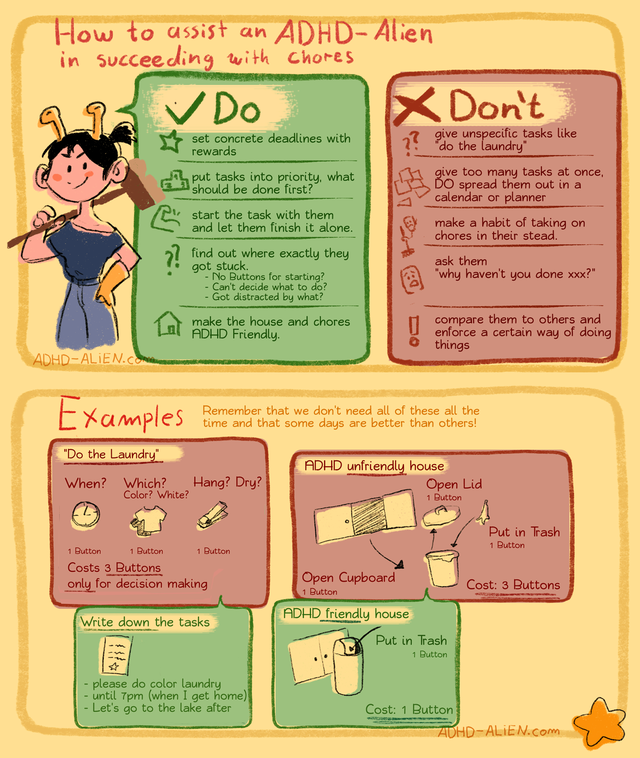 These medications can help a large number of sick people improve their attention, control impulses and reduce their level of activity. Also effective are intensive behavioral interventions that combine teaching the child self-control with teaching parenting strategies. Positive parental attention, rewards for appropriate behavior, and the negative consequences of inappropriate behavior (such as forbidding a child to play with a favorite toy) are recommended methods of behavioral intervention. Educators can also apply similar methods in their classrooms. Available evidence suggests that the best corrective intervention is a combination of medication, behavioral intervention, and school-based behavioral and learning interventions. For optimal effect, these treatments must be intensive and long-term. Direct training of cognitive functions such as working memory (the ability to retain and process information in short-term memory) seems promising as a potentially effective intervention. Some children may have improved behavior when certain foods are removed from their diet, although the universality of this effect has not been proven.
These medications can help a large number of sick people improve their attention, control impulses and reduce their level of activity. Also effective are intensive behavioral interventions that combine teaching the child self-control with teaching parenting strategies. Positive parental attention, rewards for appropriate behavior, and the negative consequences of inappropriate behavior (such as forbidding a child to play with a favorite toy) are recommended methods of behavioral intervention. Educators can also apply similar methods in their classrooms. Available evidence suggests that the best corrective intervention is a combination of medication, behavioral intervention, and school-based behavioral and learning interventions. For optimal effect, these treatments must be intensive and long-term. Direct training of cognitive functions such as working memory (the ability to retain and process information in short-term memory) seems promising as a potentially effective intervention. Some children may have improved behavior when certain foods are removed from their diet, although the universality of this effect has not been proven.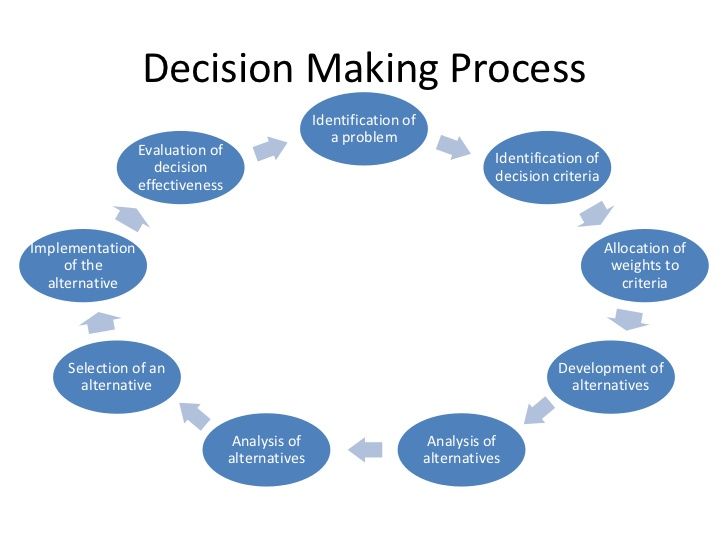 Brain electrical activity training can improve alertness and behavior in some children. In this regard, the main problem of such treatment is the generalization of positive dynamics and its transfer to another setting. Further research is needed to explore treatment factors (individual and context-specific) in order to increase the beneficial effects of treating children over time and in different settings.
Brain electrical activity training can improve alertness and behavior in some children. In this regard, the main problem of such treatment is the generalization of positive dynamics and its transfer to another setting. Further research is needed to explore treatment factors (individual and context-specific) in order to increase the beneficial effects of treating children over time and in different settings.
Additional materials
Understanding ADHD: When does normal become abnormal?
Many people claim that true ADHD appears in the preschool years and that the symptoms associated with it are objective, implying that any observer would come to the same conclusion. This view is often, but not always, correct.
Although in preschool children the right to diagnose this disorder is left to specialists, in everyday settings parents are experts on their children.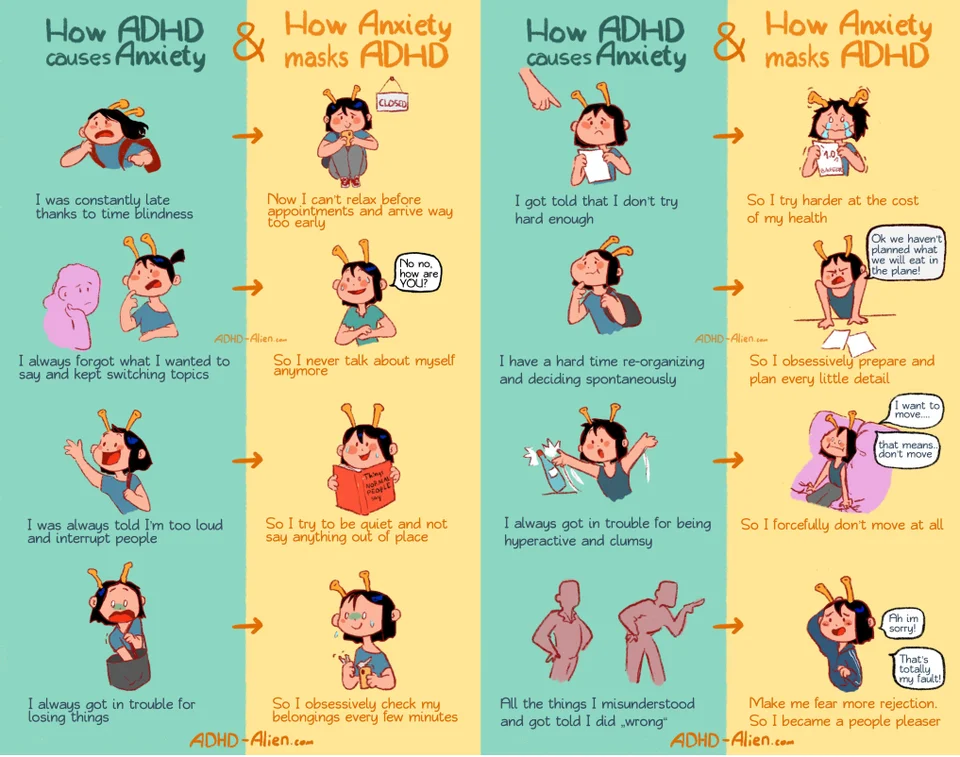 If they notice that their child is restless, inattentive, or impulsive, that he has difficulty controlling his reactions, that he needs to move, or that he has difficulty waiting his turn, then caregivers should listen.
If they notice that their child is restless, inattentive, or impulsive, that he has difficulty controlling his reactions, that he needs to move, or that he has difficulty waiting his turn, then caregivers should listen.
Ideally, the specialist will work with parents to observe the child's behavior in different settings and to assess whether the problem lies elsewhere (for example, parental expectations, coping strategies, stress levels, or socio-economic situation).
In some cases, ADHD symptoms may appear much later in development, after school entry or even later in the school years.
In all cases, the decisive factor in the diagnosis will be the deterioration of the condition - whether on a social, educational or emotional level.
Publications
Children with Attention Deficit Hyperactivity Disorder: Epidemiology, Comorbidity and Diagnosis
How to help a hyperactive child?
ADHD can affect all areas of a person's life.